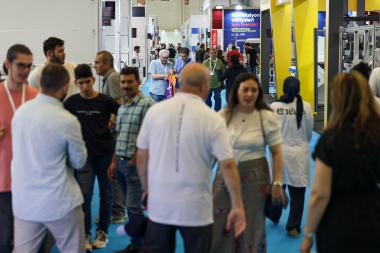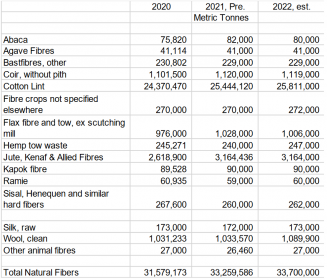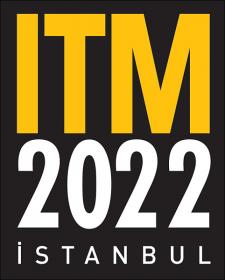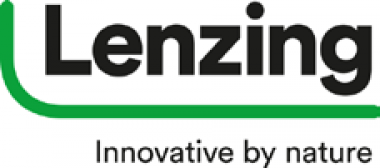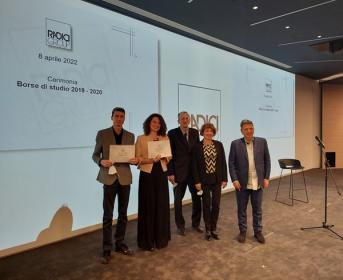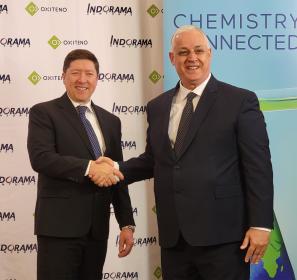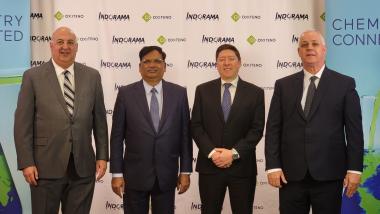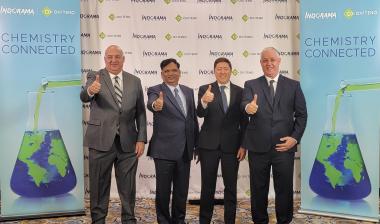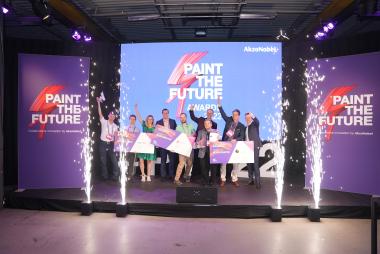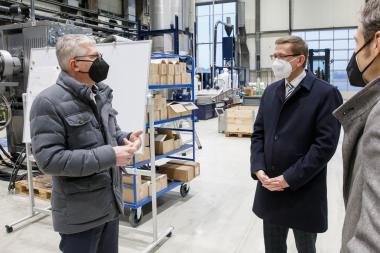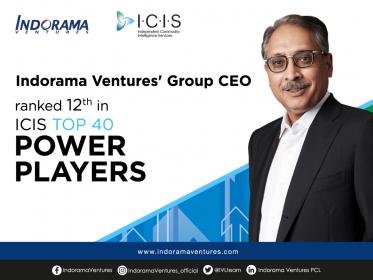IGM 2022 ended with great interest
27th International Garment Machinery, Spare Parts and Sub-Industry Exhibition, one of the largest exhibitions in Europe ended with great interest. The IGM 2022 Exhibition, which hosted ready-to-wear investors and leading brands of the garment machinery sector in Istanbul for 4 days, satisfied the exhibitors with the number of foreign and domestic visitors and machinery sales.
IGM 2022, Turkey's first and only international exhibition in its field, has become the most comprehensive meeting point of the sector where all technologies used in garment and ready-to-wear production from sewing to cutting, ironing systems to packaging, embroidery to printing are exhibited. IGM 2022, the first international exhibition organized in the garment industry after the pandemic, turned into a platform where many firsts were achieved. Especially domestic machinery manufacturers introduced the latest technologies and innovations developed in the last 4 years for the first time at IGM 2022. In addition, the latest models of embroidery machines were exhibited in working condition only at IGM 2022. International buyers, who had the opportunity to observe and examine all the innovations in the apparel and ready-to-wear sector together, had the opportunity to direct their investments thanks to IGM 2022.
The exhibition, organized in partnership with Tüyap & Teknik Fairs Inc. and in cooperation with KOMİD- Garment Automation Machinery Manufacturers Association and İNSAD- Istanbul Embroidery Industrialists Association, was held at Tüyap Fair and Congress Center on September 8-11. The IGM 2022 Exhibition, which was attended by 100 companies and company representatives from countries including Turkey, Japan, USA, China, South Korea, Brazil, Brazil, Italy, Spain, Germany, Greece, Netherlands, Bangladesh and Iran, was visited by 9822 sector professionals from 64 countries, including 1483 international and 8339 domestic visitors.
Next Meeting on September 21-24, 2023
The next meeting of the IGM 2023 Exhibition will be held at Tüyap Fair and Congress Center between September 21-24, 2023. Considering the dates of the exhibitions organized in the same sector in different countries of the world and Europe and the gains of the sector, an exhibition calendar was determined for the IGM Exhibitions to be held biennially. IGM Exhibition will be organized in 2023 and the following odd years (such as 2025-2027) in order to prevent companies from being under the burden of exhibitions in terms of both time and budget due to participating in more than one exhibition in the same year.
International Garment Machinery, Spare Parts and Sub-Industry Exhibition


